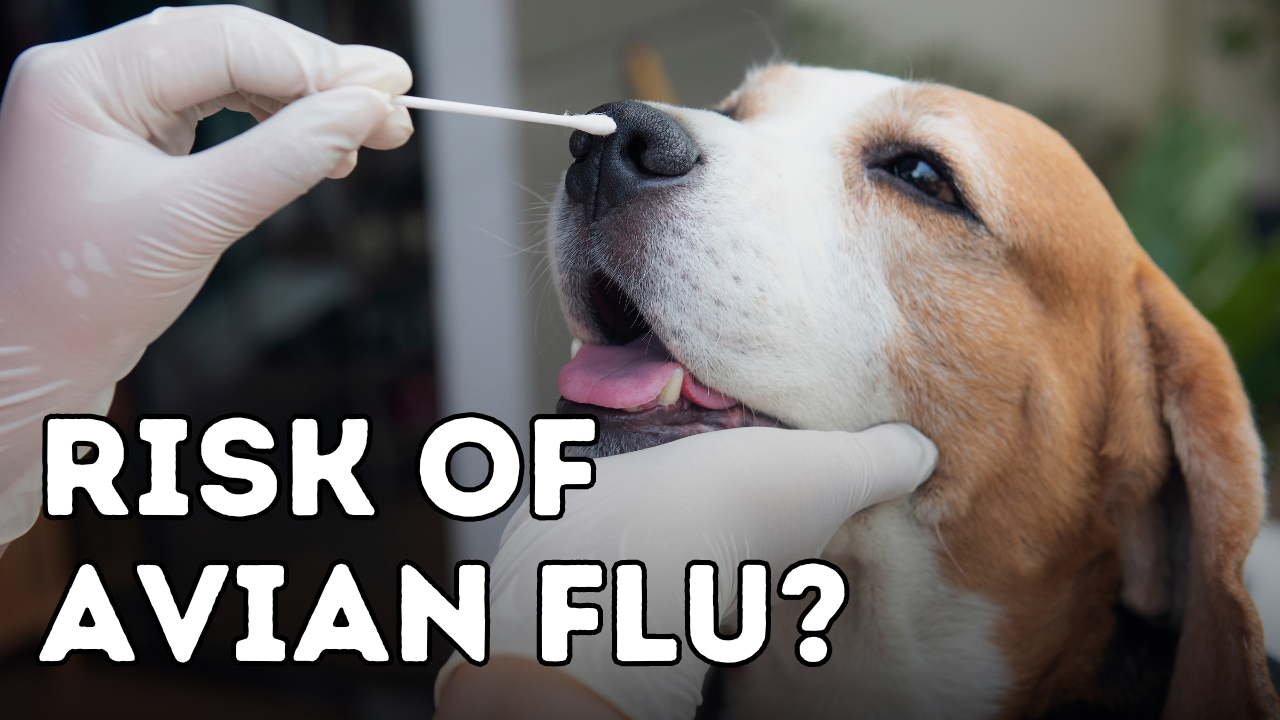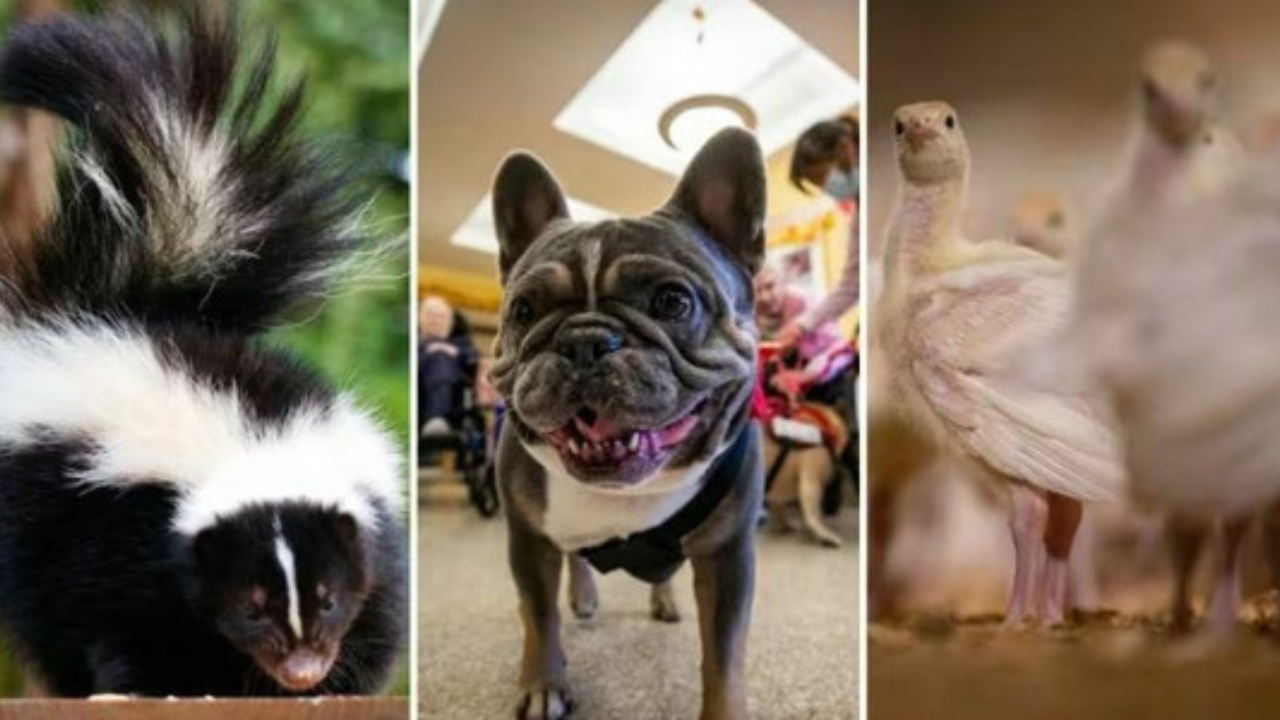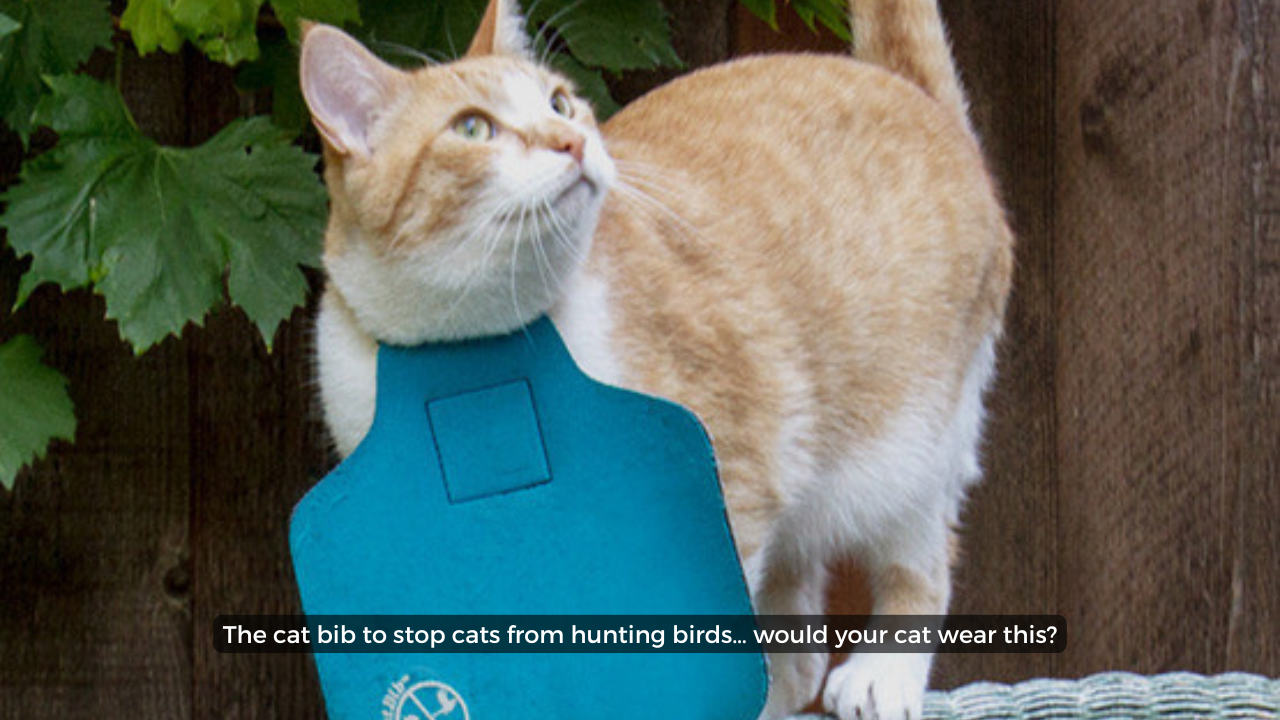Are your pets at risk of Avian Flu?

There is an ongoing outbreak of the highly pathogenic HPA1 Avian Flu Virus, which has now been responsible for killing 8 skunks in Canada. Concerns are that this virus is mutating.
In general there is very low risk to your dog or cat, BUT it’s just a good idea to keep their immune system primed, as diseases keep popping up and changing.
One way to do this is our supplements for dogs and cats…
Natural Wellness for Dogs: Dr. Jones’ Ultimate Canine Health Formula
Dr. Jones’ Ultimate Canine Health Formula (Original Formula)

All-Natural Care for Your Cat’s Health – Anytime, Anywhere!
Dr. Jones’ Ultimate Feline Health Formula



Skunks Dying of Avian Flu: Should You Be Concerned About Your Pets?
As a veterinarian, it’s my job to stay on top of any potential risks to your pets, and a recent event in British Columbia has raised some concerns. Several skunks have died from avian flu in the Metro Vancouver area, and pet owners are being advised to take precautions.
On Monday, authorities reported that eight skunks in Vancouver and nearby Richmond had died after scavenging dead wild birds. They all tested positive for the H5N1 avian influenza virus, later confirmed as the cause of death. These deaths are part of a broader outbreak of highly pathogenic avian flu (HPAI) that has been affecting North America, leading to the culling of thousands of birds and significant impacts on the poultry industry here in B.C.
What Does This Mean for Your Pets?
As wild birds migrate to B.C. for spring, experts are urging the public to be aware of the avian flu threat. The good news is that the risk to cats and dogs from this virus is actually quite low. According to Hannah Weitzenfeld, the senior manager of animal health at the B.C. SPCA, there’s no need to stop exercising your dogs or change your routine dramatically.
Precautions to Take
However, there are some simple precautions you can take to keep your pets safe:
- Avoid areas where birds congregate: Keep your pets away from water sources and ground areas where birds or bird seed may be present.
- Stay clear of bird droppings: The virus can persist in the environment for days, so avoid letting your pets sniff around bird droppings or any areas that might be contaminated.
What About Mammal-to-Mammal Transmission?
While the spread of avian flu from mammals to other mammals is rare, it has been observed in some cases, such as an outbreak at a European mink farm. Still, the risk to humans and pets remains very low at this time. That said, the recent deaths of skunks reinforce the importance of limiting your pets’ interactions with wildlife. For cats, in particular, you may want to discourage them from hunting wild birds.
One handy product for this is the cat bib, a collar attachment that helps prevent cats from successfully catching birds.
What Should You Do If You See Sick Wildlife?
If you come across wildlife that appears sick or dead, avoid touching them and call the wild bird hotline. This helps prevent the spread of disease to both humans and animals.
The risk to your pets is extremely low, but it’s still wise to be vigilant. You certainly don’t want them eating dead birds, as they could ingest millions of virus particles, even if they don’t get sick.
Keep your pets’ immune systems strong with a balanced diet and appropriate supplements. And remember, a little caution now can go a long way in keeping your furry family members safe.
Stay informed, and stay safe!
